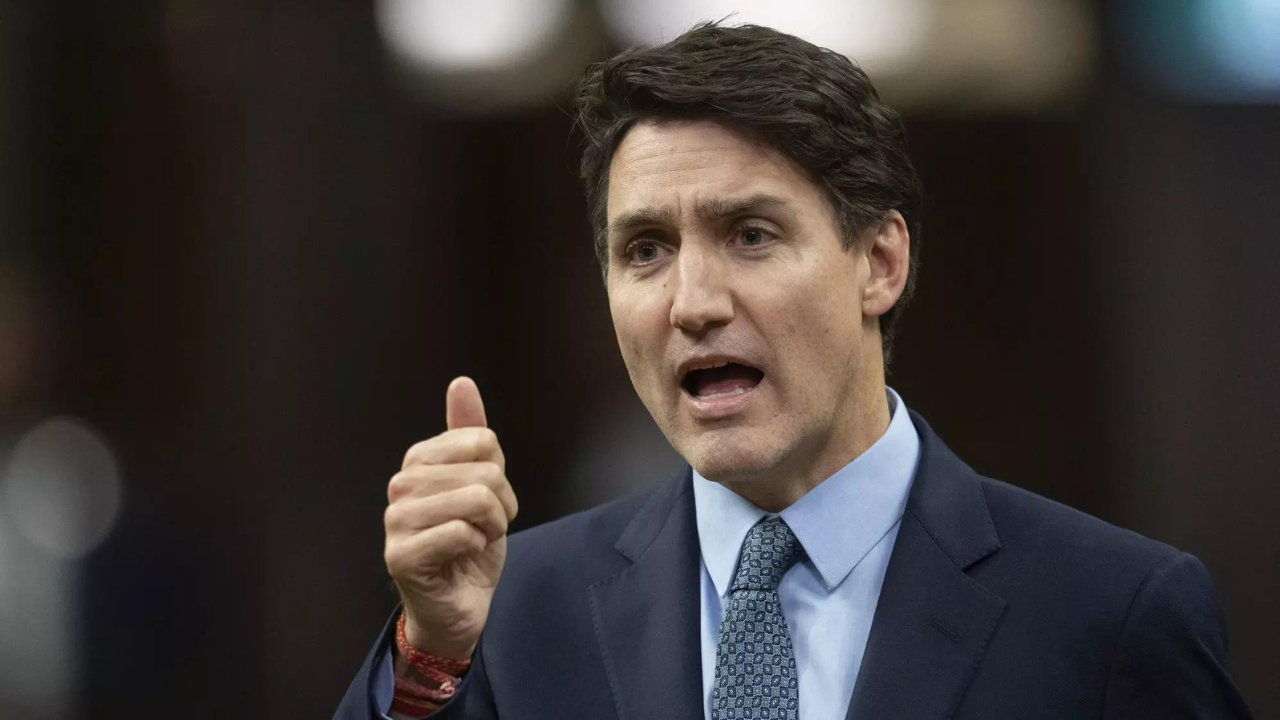ARTICLE AD BOX
null
Former U.S. deputy national security adviser Pottinger said in London recently that Beijing is fighting the West through proxies while maintaining strong trade relations with Europe and the United States. In this regard, Europe and the United States must unite to respond.
Former U.S. deputy national security adviser Pottinger said in London recently that Beijing is fighting the West through proxies while maintaining strong trade relations with Europe and the United States. In this regard, Europe and the United States must unite to respond.
The Central News Agency's report on the 18th quoted Matt Pottinger as saying that China provides substantial support to Moscow and its war machine, as well as the Iranian authorities and their terrorist proxies. China is able to do so because of its economic strength. As China's two most important markets, Europe and the United States are actually in a position to check and balance China and weaken China's ability to attack the security and prosperity of Europe and the United States.
Considering the importance of economic, trade and investment activities with Europe and the United States to China, Boming said that Europe and the United States do have the conditions to make China pay a price, so that China can no longer easily "thrive on the European and American markets (nutrients) like a parasite", and even support Proxy war.
U.S. Secretary of State Antony Blinken once pointed out regarding China's "overcapacity" problem that China accounts for 1/3 of global production but only 1/10 of global market demand, which is obviously disproportionate.
Bomin recently held a conversation with Tom Tugendhat, the British Undersecretary of State for Security Affairs, at the pro-Conservative think tank Policy Exchange in London, and promoted his new book "The Boiling Moat: Urgent" Steps to DefendTaiwan, literally translated as "Boiling Moat: Urgent Steps to Defend Taiwan").
Boming pointed out that the Taiwan Strait, which is more than 100 kilometers wide, is Taiwan's moat. "Think about how much Ukraine is willing to pay in order to have a moat like this to block Russia."
China has recently escalated "gray zone conflicts" and military threats in Taiwan's outlying islands such as Kinmen and Matsu. Once the outlying islands are attacked by China, will the United States respond militarily? Boming believes that the United States currently has a vague attitude towards this.
Bo Ming pointed out that China's military capabilities are indeed sufficient to easily break through the defense of outlying islands, but it may not be a wise move to invade outlying islands. This is because Beijing will not gain much at the strategic level, but it may trigger a joint response from the West and Japan, including providing an opportunity for the U.S. military to station itself on Taiwan's main island.
As for whether Xi Jinping's power is stable, Bo Ming believes that although Xi Jinping's leadership has not completely convinced the public, there are currently no signs that people who are dissatisfied with him are gathering into organized opposition forces because "the risk of doing so is too great."
.png)
 6 months ago
3
6 months ago
3









 English (US)
English (US)